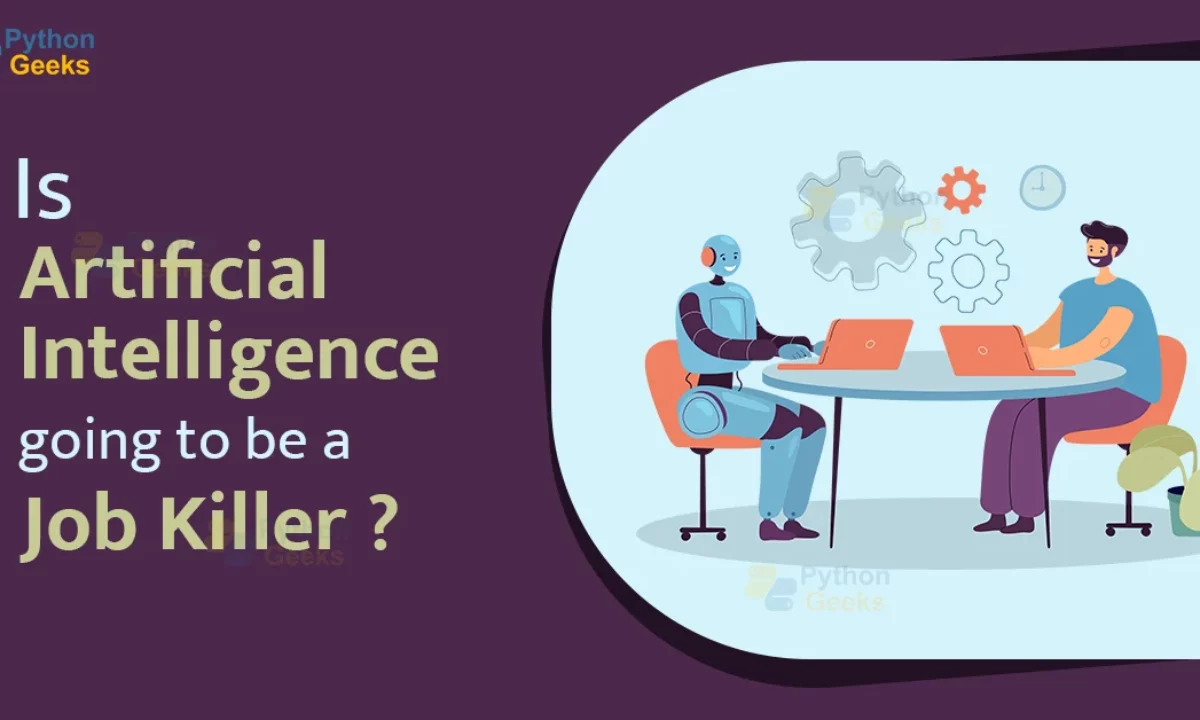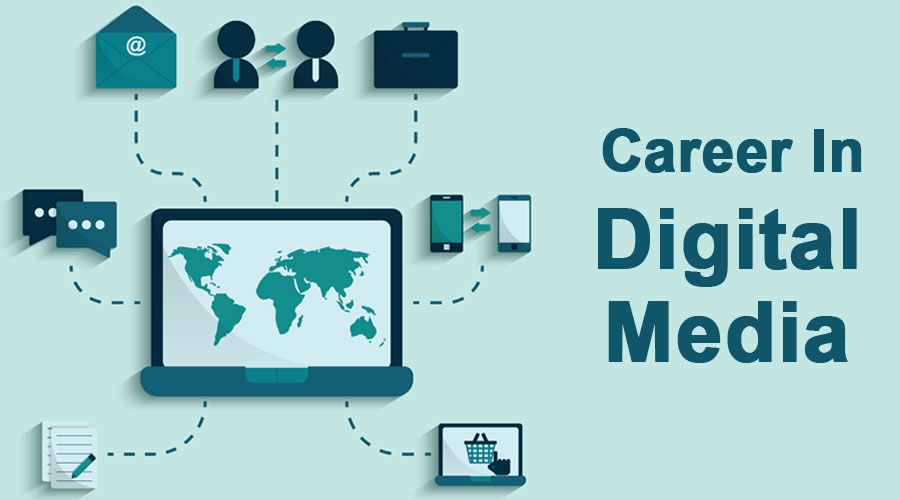OpenAI’s ChatGPT and other forms of generative AI could be coming to take our jobs.

In the short span since its release in November of last year, the formidable AI chatbot, ChatGPT, has demonstrated remarkable versatility. From crafting cover letters to authoring children’s books, its capabilities seem to transcend initial expectations. Even tech giants like Google and Amazon have acknowledged its potential, with Google suggesting it could hire ChatGPT as an entry-level coder and Amazon employees lauding its proficiency in customer support and document creation.
However, amidst the accolades lie imperfections. Users have noted instances of misinformation, coding errors, and inaccuracies in basic math. As one Wharton business school professor aptly remarked, “AI will never be as good as the best experts in a field.”
Nevertheless, the ascent of ChatGPT has reignited age-old debates on job automation. While a 2013 University of Oxford study overestimated the potential job losses to AI, the emergence of technologies like ChatGPT is bringing the prospect into sharper focus. Mark Muro from the Brookings Institute suggests that while AI may not imminently replace millions of jobs, white-collar workers are increasingly vulnerable to technological disruption.
Anu Madgavkar of the McKinsey Global Institute concurs, emphasizing the need for human judgment to mitigate errors and biases in AI applications. She advocates viewing AI as a tool for enhancing productivity rather than wholesale replacement.
Still, the trajectory of AI is clear. As Muro predicts, advancements in AI will likely disrupt white-collar professions in the future. In anticipation of this shift, Insider has compiled a list of jobs at the highest risk of AI replacement based on expert insights and research.
Here are the 10 jobs that AI may replace, according to our findings:
- Data Entry Clerks
- Telemarketers
- Bookkeepers
- Receptionists
- Proofreaders
- Market Research Analysts
- Financial Analysts
- Human Resources Specialists
- Paralegals
- Technical Writers
As the age of AI unfolds, the potential for job transformation looms large. While some roles may indeed be replaced, others will likely evolve, necessitating a reevaluation of skill sets and job functions in the workforce of tomorrow.
1- Tech jobs (Coders, computer programmers, software engineers, data analysts)

computer programming are in-demand skill, but it’s possible that ChatGPT and similar AI tools may fill in some of the gaps in the near future.
2 – Media jobs (advertising, content creation, technical writing, journalism)

Media jobs across the board — including those in advertising, technical writing, journalism, and any role that involves content creation — may be affected by ChatGPT and similar forms of AI, Madgavkar said. That’s because AI is able to read, write, and understand text-based data well, she added.
3- Legal industry jobs (paralegals, legal assistants)
:max_bytes(150000):strip_icc()/GettyImages-1327589078-64f0265cf7e44e5d8de20c10cdf56f66.jpg)
Like media roles, jobs in the legal industry such as paralegals and legal assistants are responsible for consuming large amounts of information, synthesizing what they learned, then making it digestible through a legal brief or opinion.
4 – Market research analysts

AI is good at analyzing data and predicting outcomes, Muro said. That is why market research analysts may be susceptible to AI-driven change.
Market research analysts are responsible for collecting data, identifying trends within that data, and then using what they found to design an effective marketing campaign or decide where to place advertising.
5- Teachers

Teachers face dual concerns: students cheating with AI like ChatGPT and potential job displacement. As technology evolves, educators must adapt, leveraging AI for enhanced teaching while safeguarding their profession’s integrity. Balancing innovation with traditional values is key to navigating the changing educational landscape.
6 – Finance jobs (Financial analysts, personal financial advisors)

Like market research analysts, financial analysts, personal financial advisors, and other jobs in personal finance that require manipulating significant amounts of numerical data can be affected by AI, Muro, the researcher at The Brookings Institute, said.
ALSO READ
7- Traders

Shi from the Rochester Institute of Technology warns that certain Wall Street roles, particularly entry-level tasks like Excel modeling, could be threatened by AI, potentially displacing human workers.
8- Graphic designers

In a December Harvard Business Review post, three professors highlighted DALL-E, an AI tool capable of generating images rapidly, as a potential disruptor for the graphic design industry.
9- Accountants

Technology hasn’t put everybody out of a job yet, but it does put some people out of a job,” Brett Caraway, associate professor with the Institute of Communication, Culture, Information and Technology at the University of Toronto,
10 – Customer service agents

You’ve probably already experience calling or chatting with a company’s customer service, and having a robot answer. ChatGPT and related technologies could continue this trend.
